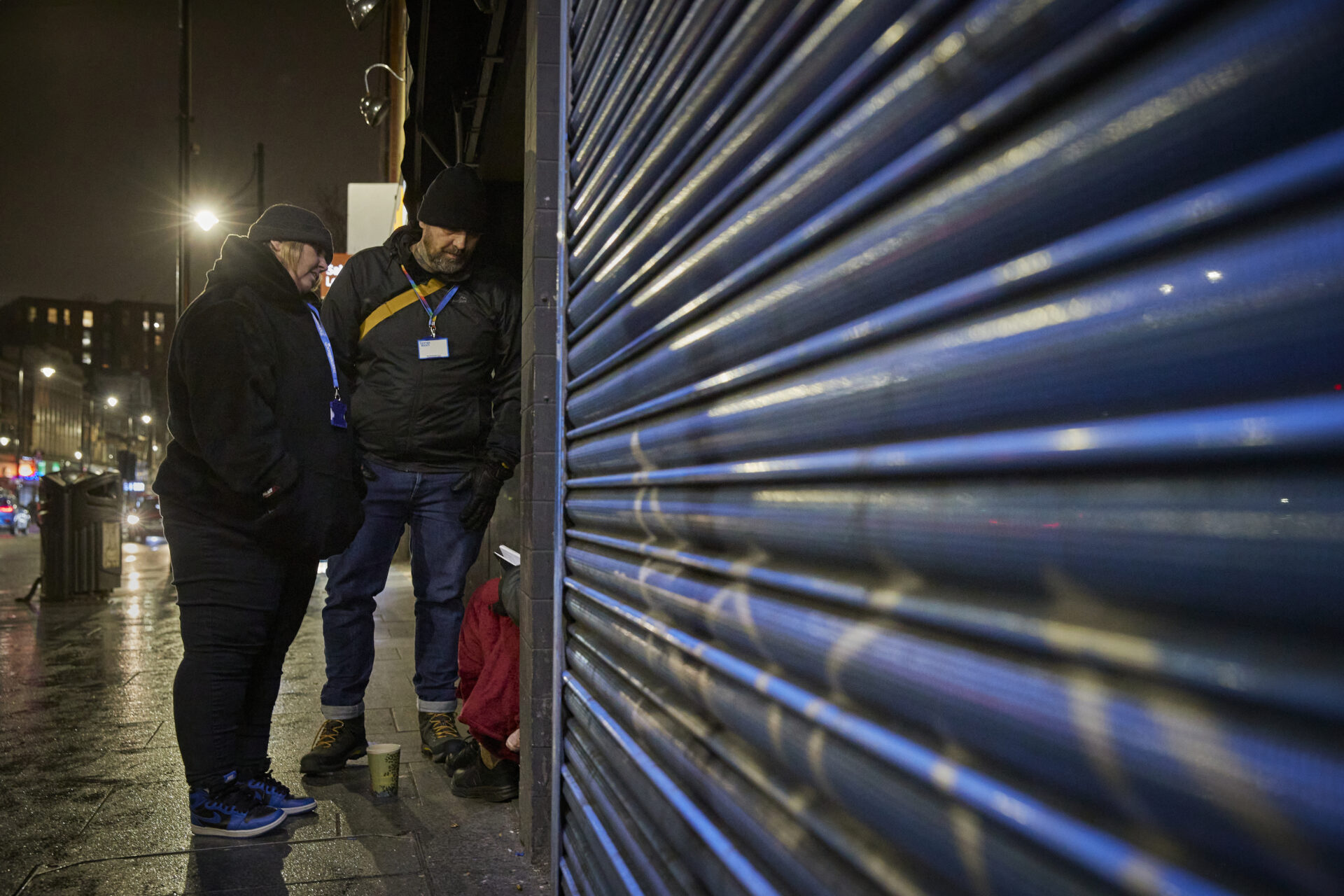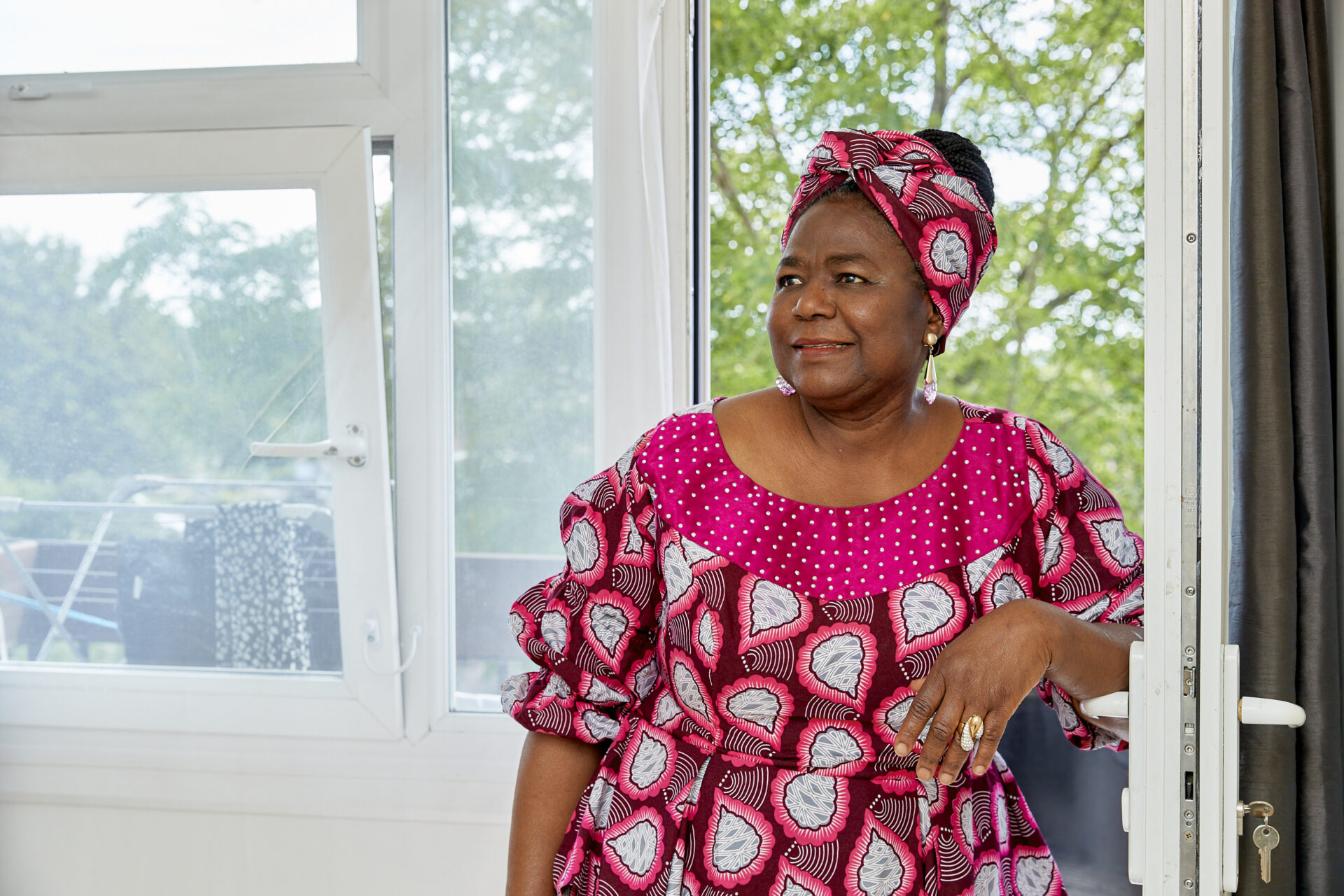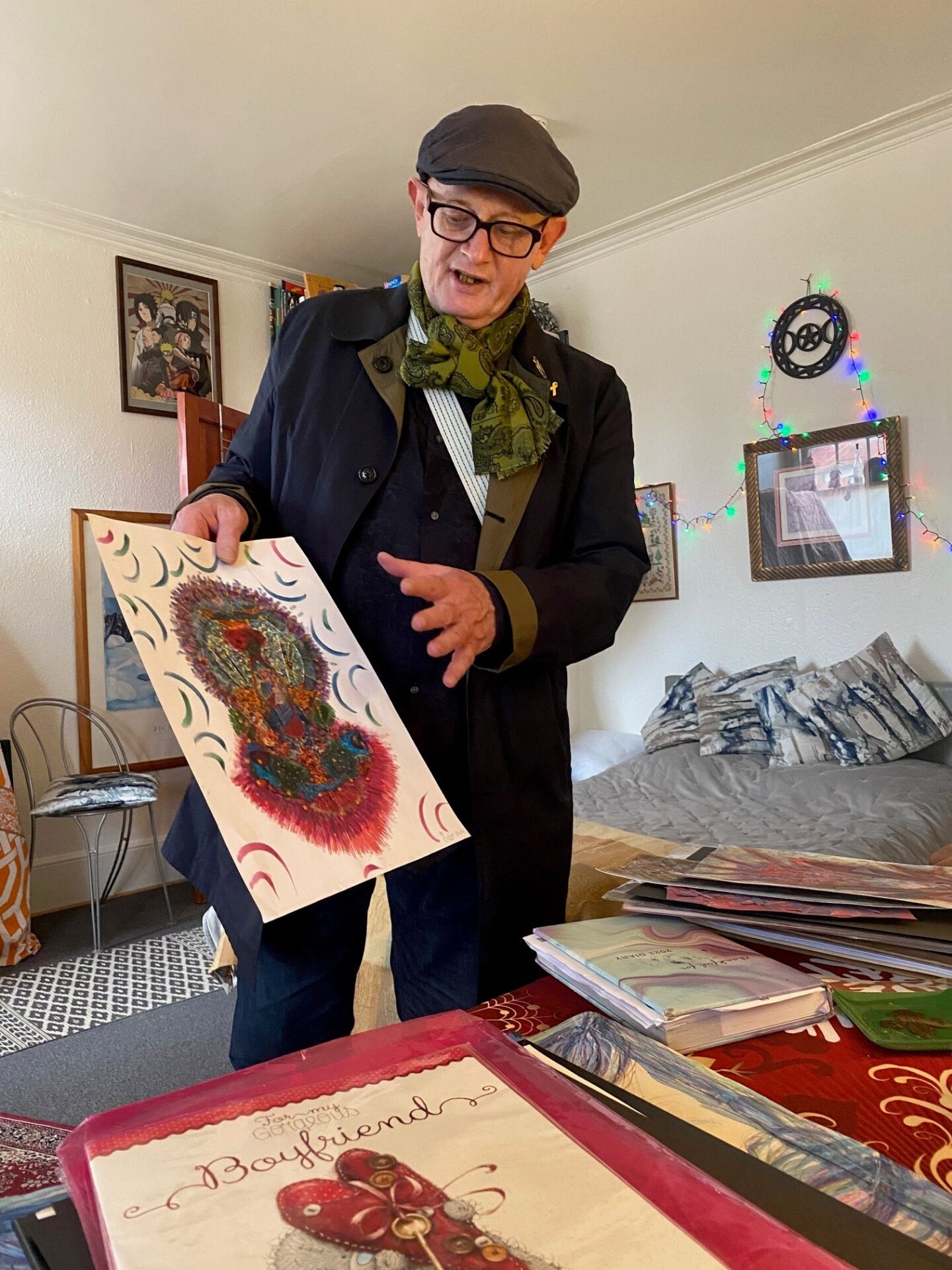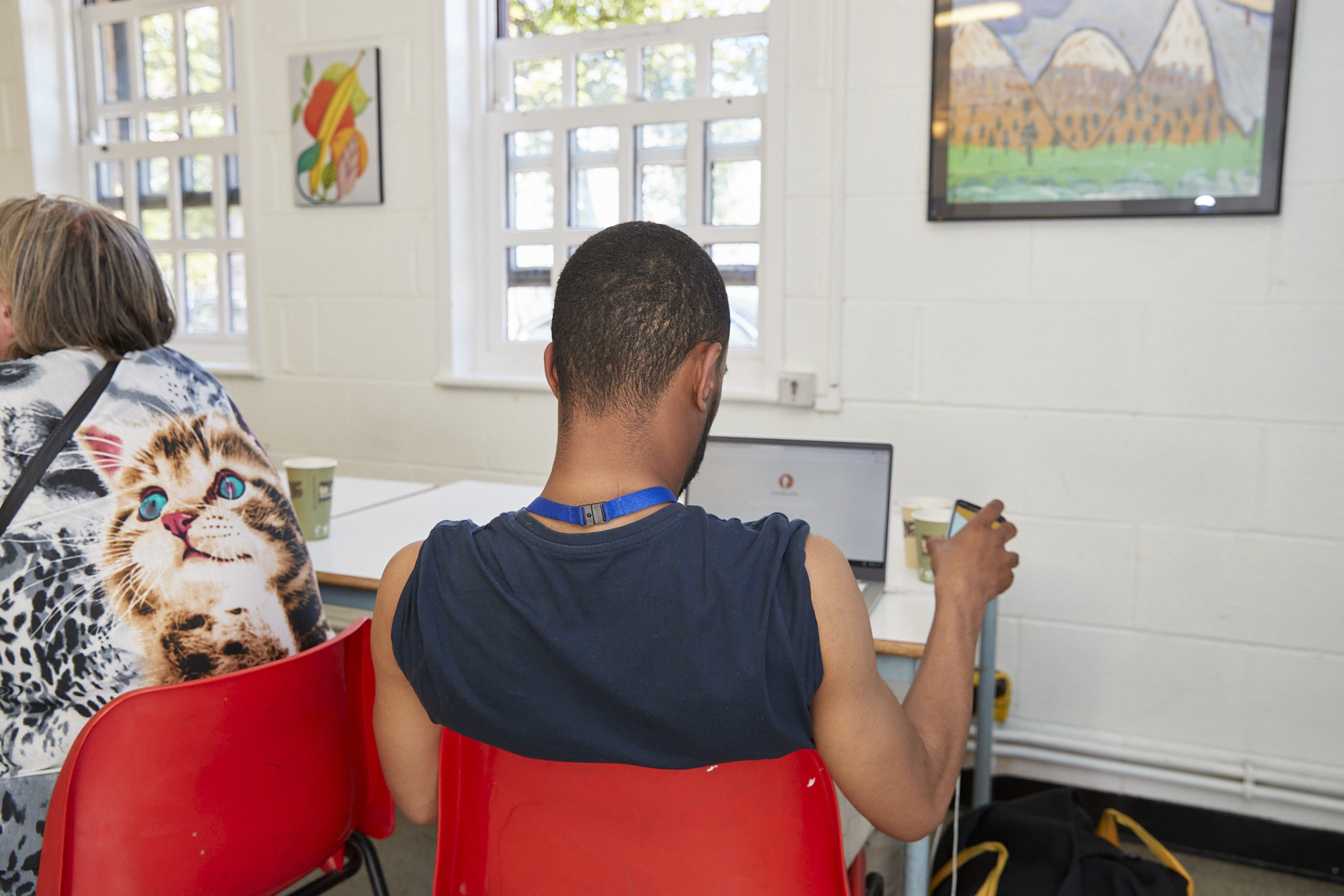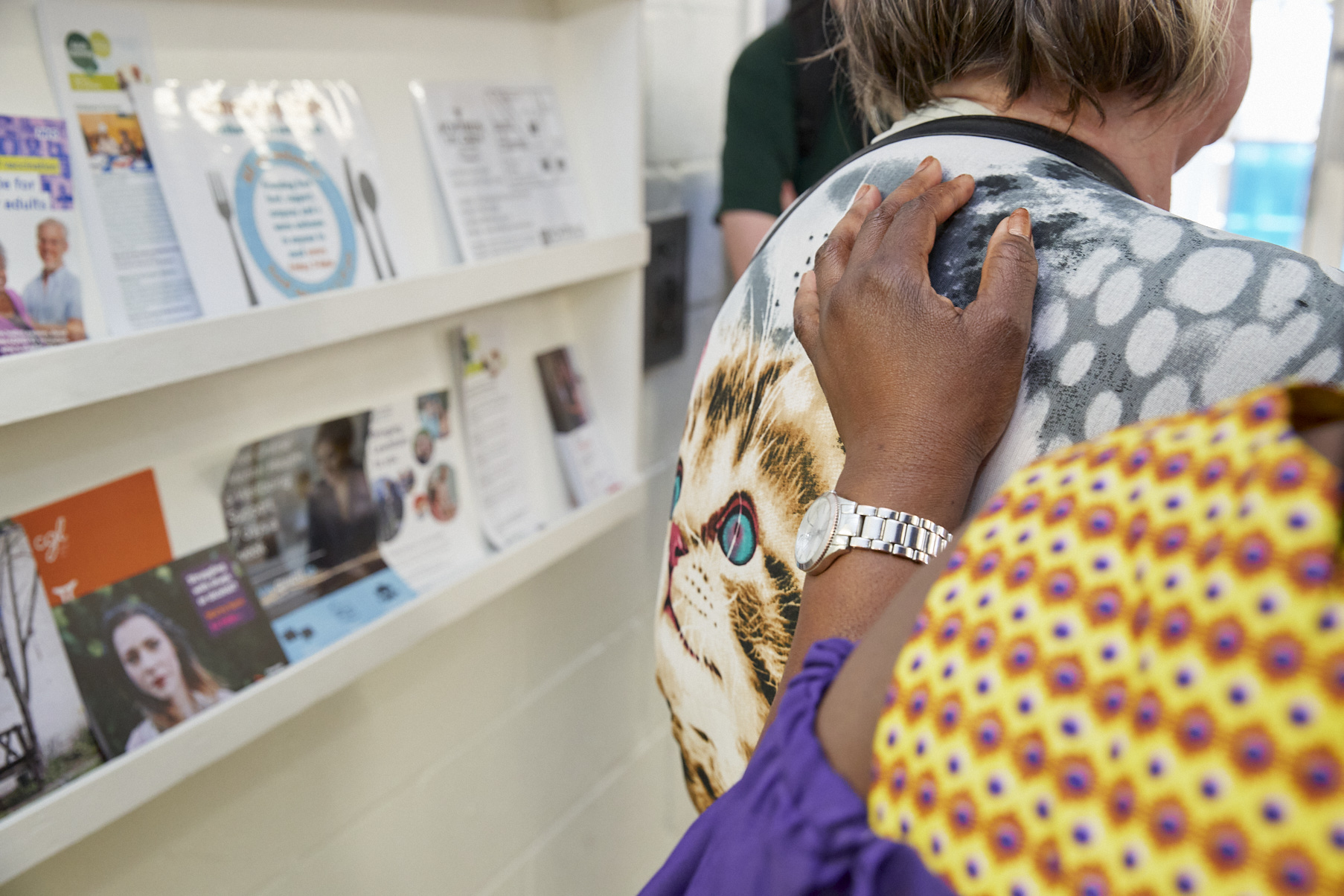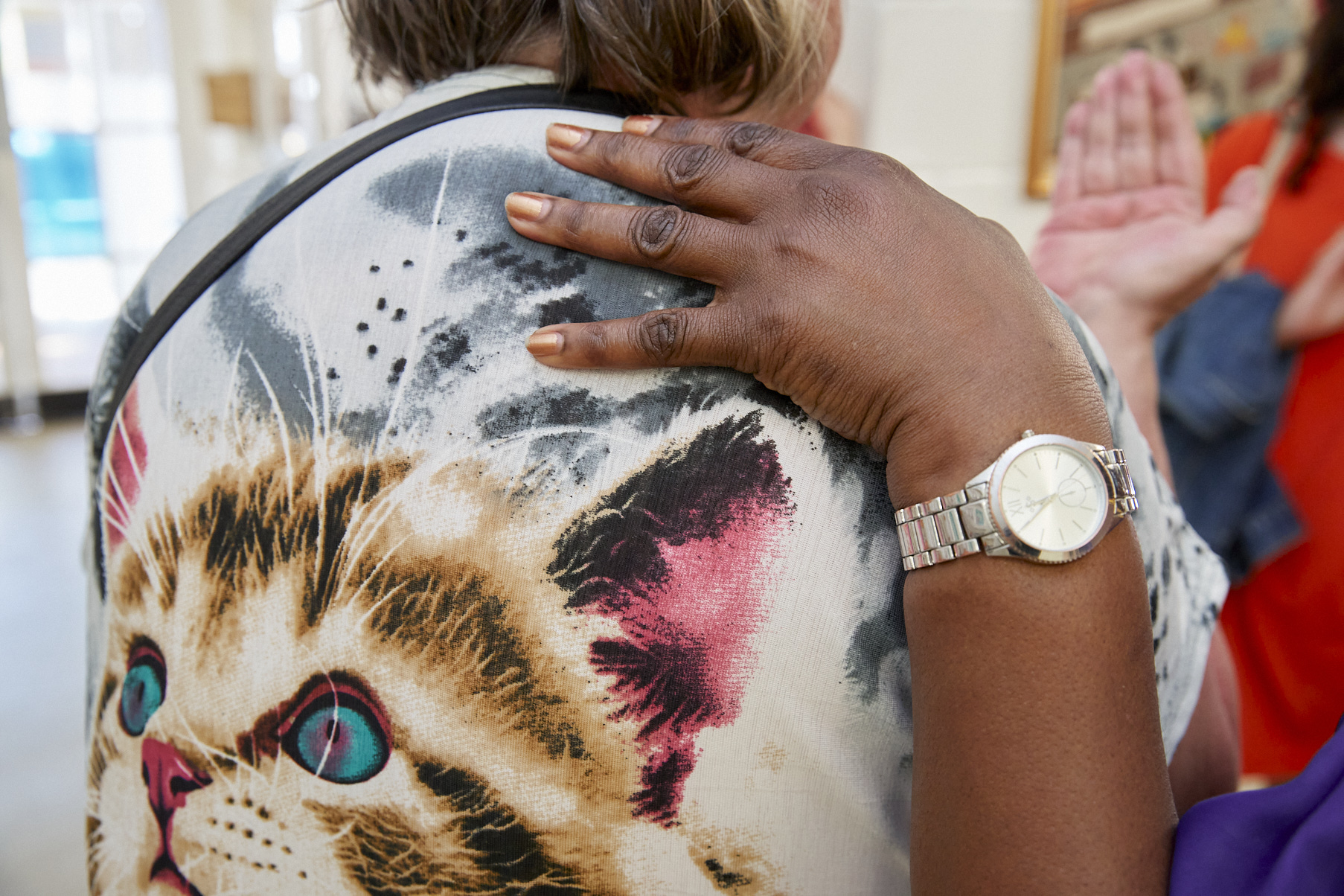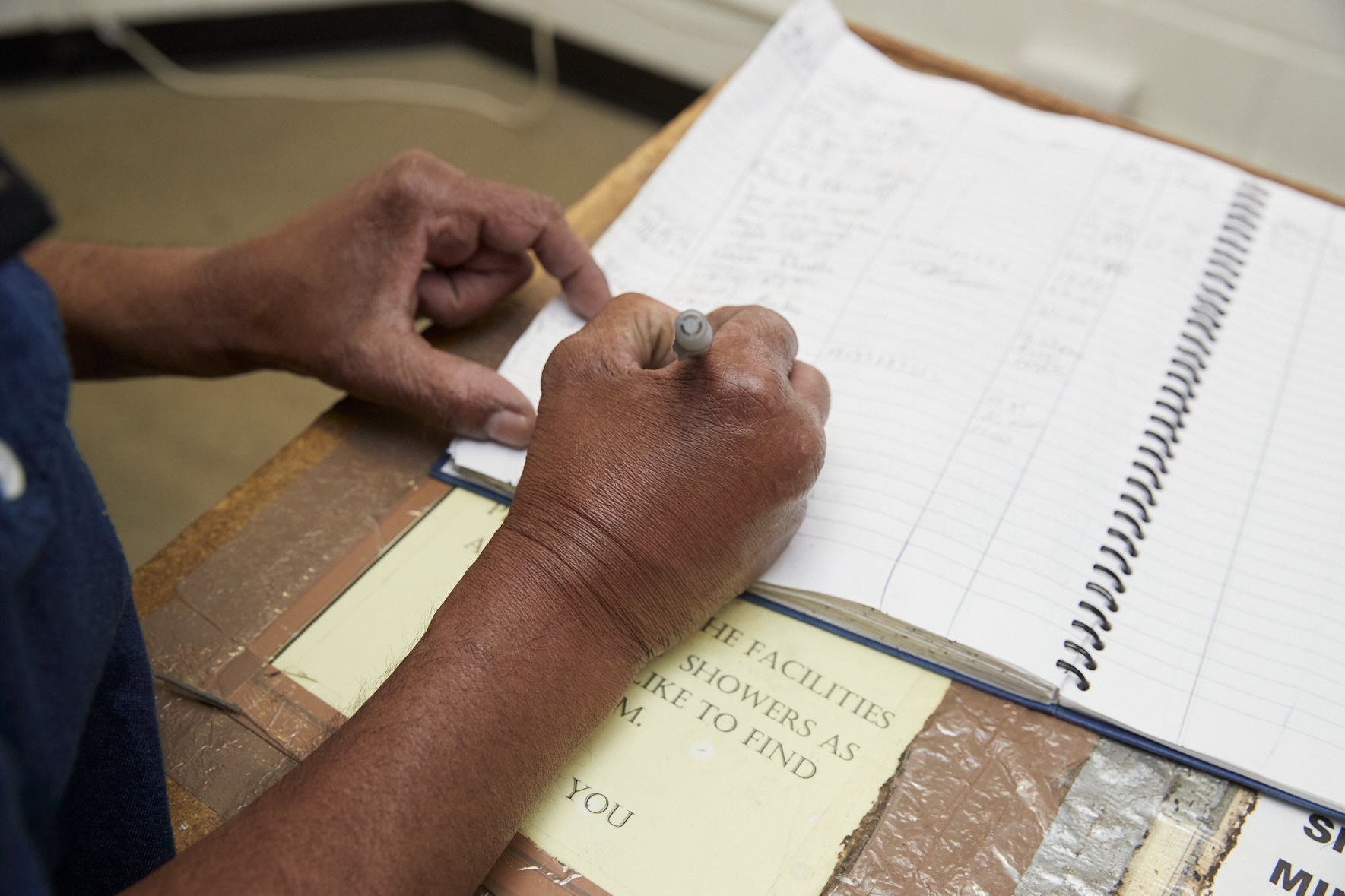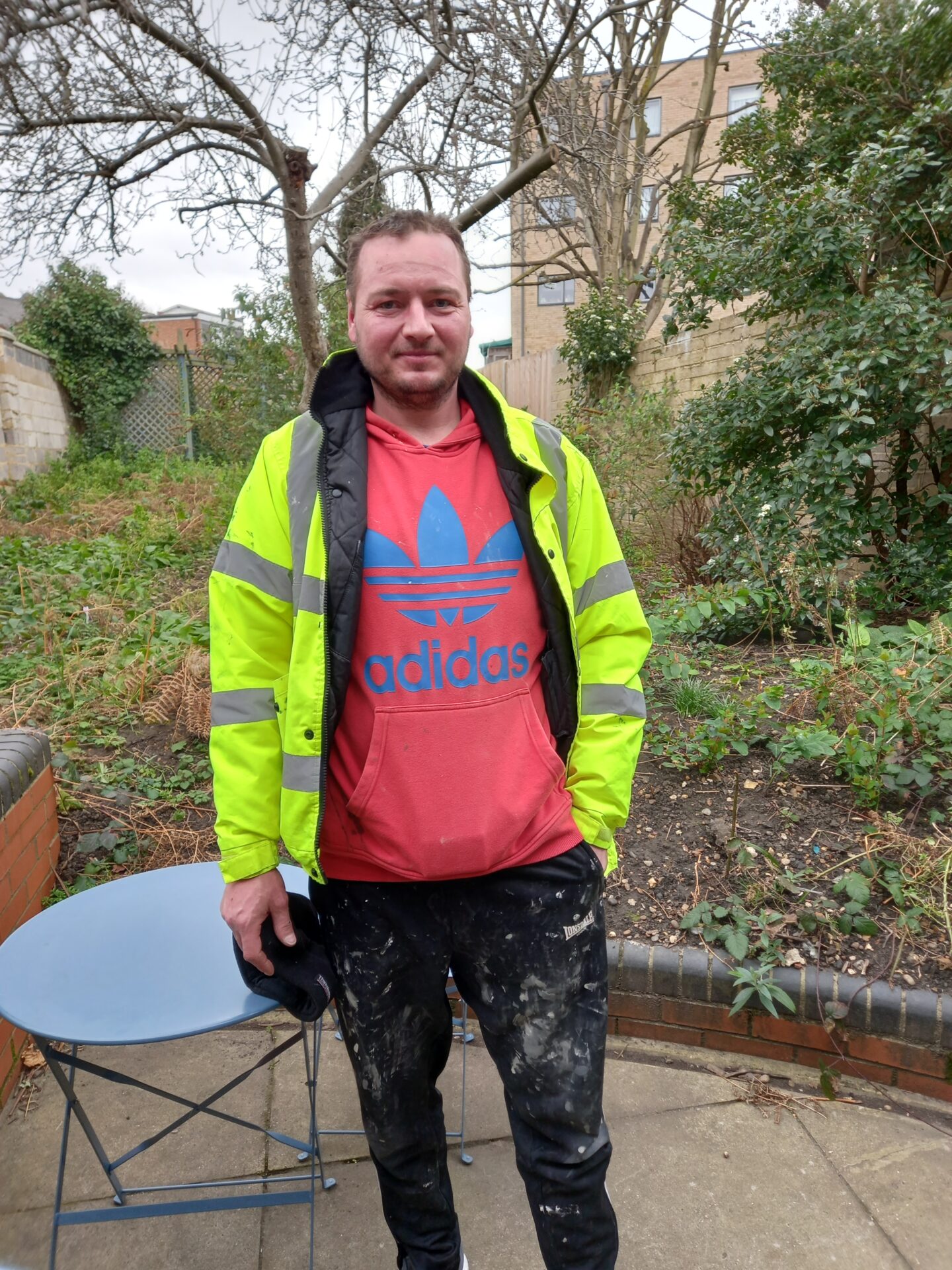Thames Reach statement on the Home Secretary’s recent comments about rough sleeping
At Thames Reach, we do not believe that living on the streets is a “lifestyle choice”
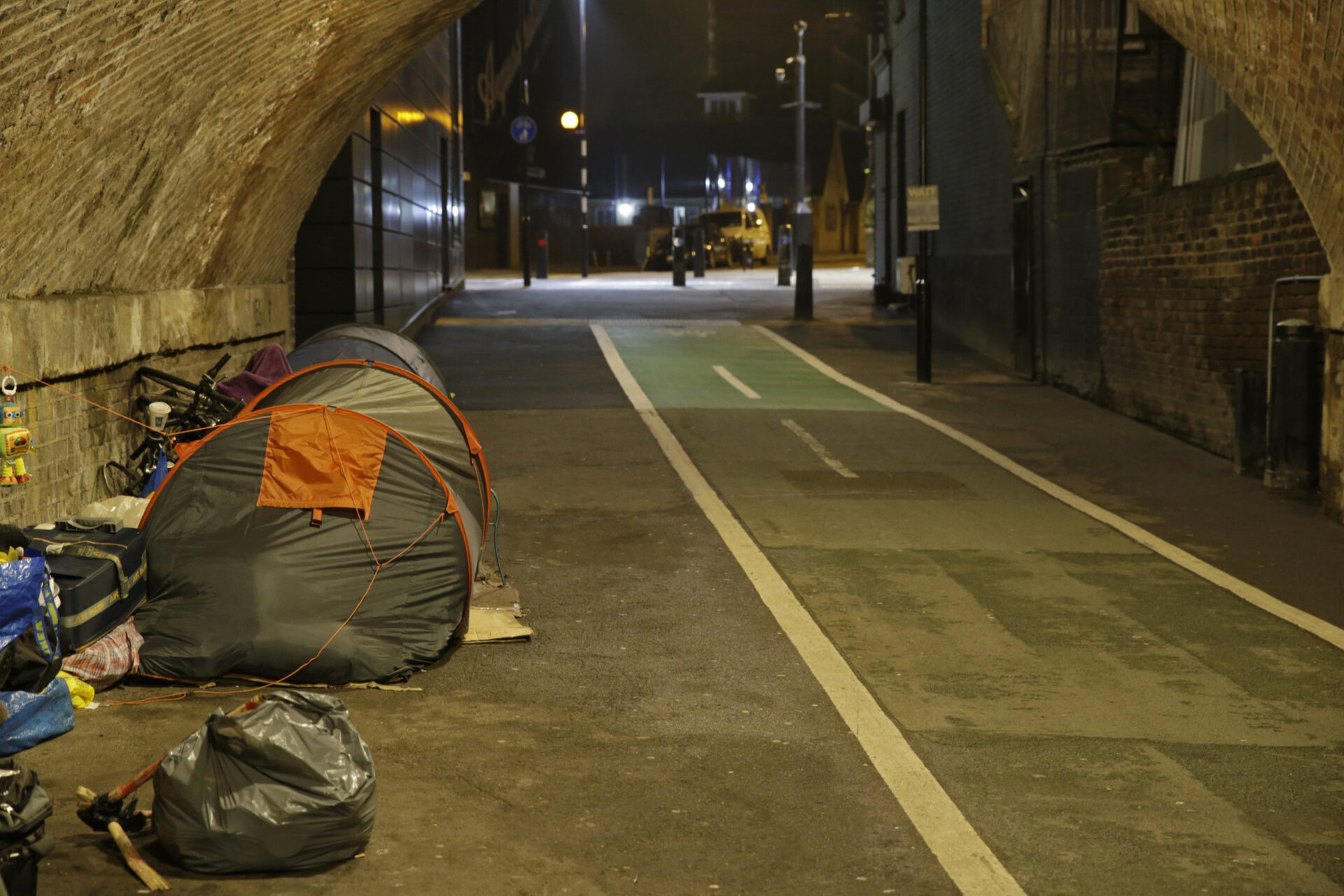
Thames Reach statement on the Home Secretary’s recent comments about rough sleeping
10th November 2023
At Thames Reach, we do not believe that living on the streets is a “lifestyle choice”. Rough sleeping is a complex problem, and while the roots and solutions of this problem are not purely related to the housing market, there are particular pressures on rented accommodation which have led to a recent increase in street homelessness, and which make it more difficult to resolve. Criminalising people for their homelessness is not a solution.
The most recent annual statistics of people rough sleeping in London revealed a 21% increase in people sleeping rough in the capital from last year, exposing the real impact of not only the cost-of-living and housing crises, but also tighter immigration and asylum restrictions post-Brexit, as well as the impact of rushed changes to the asylum system. They represent a huge 250% increase on the figure for 2010. Meanwhile, research by Homeless Link has found there has been a 24% decrease in the number of supported housing beds available to help people move off the streets.
We believe that labelling sleeping rough as a “lifestyle choice”for people forced to sleep on the streets will impact the health and wellbeing of vulnerable people, while doing nothing to address the true causes of rough sleeping.
Instead we should work harder to prevent people needing to sleep rough in the first place, and to make sure that there are quick and effective routes off the streets for anyone who finds themselves in this position. We’d like to see the Government focus on measures that increase the support options available for people to find accommodation, and address the issues that lead people to be forced to sleep rough.

